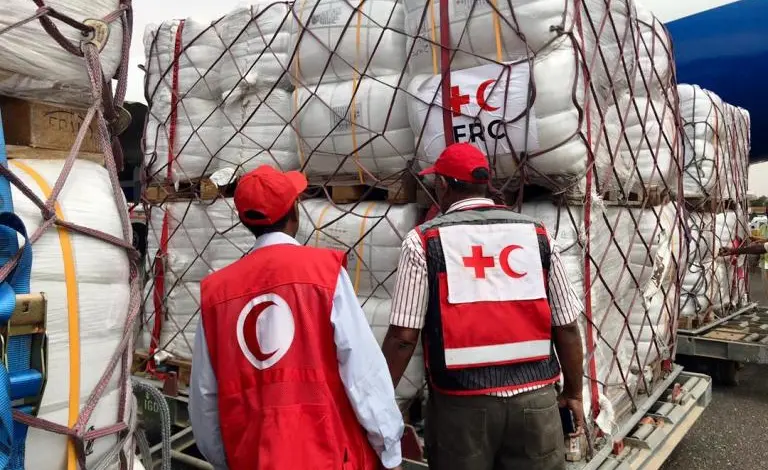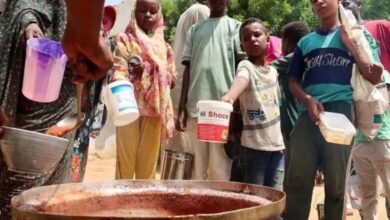Investigative reports unveiling Darfur
regional government's manipulation of relief

Journalist Abdul Rahman Al-Ajib accused Darfur’s regional government of tampering with relief materials, and of significant violations in the transportation and distribution operations, in addition to selling the relief flour in the markets.
Journalist Abdul Rahman Al-Ajib told “Radio Tamazuj” that monumental corruption operations accompanied the transport, storage and distribution of the estimated 45 thousand tons of relief provided by the kingdom of Saudi Arabia.
He added: “I made contact with several governmental sources, citizens, and activists discussing relief, and hence discovered the major corruption associated with the transportation and distribution of relief operations, amounting to the flour being available on the markets.”
The executive director of Kutum locality in North Darfur was accused of selling the locality’s share of flour in the market.
The undersecretary of the Social Development Ministry, Gamal al-neel Abdullah, Chairman of the Emergency Committee, blamed the Supreme Emergency Committee for the failures that accompanied the relief operations, indicating the failure in reaching those who deserve it.
The Executive Director of Al-Firdows Locality, Juma Haraz, previously accused the regional government of storing relief materials past their expiration date and distributing relief on basis of political loyalty.
Mohamed Musa Dabbab, Director of Information at the Federal Ministery of Social Development, defended the government, stating: “when relief for the region of Darfur reached El-Fasher there were security disturbances in the other four states of Darfur and there were no available safe paths, hence the Supreme Emergency Committee decided to store the materials in El-Fasher.”
He added: “Before reaching an appropriate course of action for the transportation issue, the cities of Nyala, Al-Daein, Zalingei and El-Geneina fell under the control of the Rapid Support Forces. After those eventstook place, the security services prohibited the transportation of relief materials to them. It was a sovereign decision issued by the presidency of the State, and no one can override such decisions.”
He confirmed the distribution of states’ quotas of flour in North Darfur due to the government’s fear that it would be spoiled. However, relief was transported to Nyala in August, and more than 30 tons of medicine were sent to Chad for the refugees.
Regarding the issues of corruption and the sale of flour in the markets, he commented: “The responsibility lies with the government of these states in which corruption or selling of relief has occurred, and they must be held accountable.”





